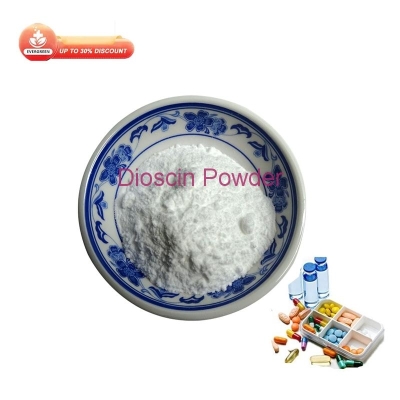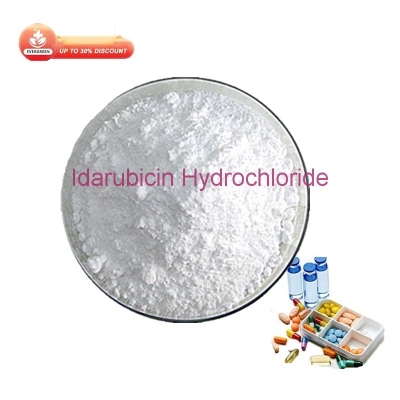-
Categories
-
Pharmaceutical Intermediates
-
Active Pharmaceutical Ingredients
-
Food Additives
- Industrial Coatings
- Agrochemicals
- Dyes and Pigments
- Surfactant
- Flavors and Fragrances
- Chemical Reagents
- Catalyst and Auxiliary
- Natural Products
- Inorganic Chemistry
-
Organic Chemistry
-
Biochemical Engineering
- Analytical Chemistry
- Cosmetic Ingredient
-
Pharmaceutical Intermediates
Promotion
ECHEMI Mall
Wholesale
Weekly Price
Exhibition
News
-
Trade Service
Nonalcoholic fatty liver disease begins as a relatively benign accumulation of fat in the liver, but the disease progresses to nonalcoholic steatohepatitis (NASH), which also increases the risk of liver cance.
On August 15, 2022, the team of Pro.
The study found that NRG4, a hormone secreted by fat cells, inhibits the progression of NASH to liver cancer and can also be used as a therapeutic target for NASH-related liver cancer provides a new directio.
The liver contains many different types of cells, including various immune cell.
Professor Lin Jianpi said that liver cancer caused by NASH is not the same as liver cancer caused by viral hepatitis, and the former usually develops without cirrhosis, which suggests that NASH-related liver cancer may have different disease mechanism.
In this latest study, published in Cell Metabolism, the research team hopes to identify specific molecular changes in the NASH state that disrupt the balance and interaction of various cell types in the liver, leading to potential therapeutic targets for Reversing the progression of NASH to liver cance.
The research team observed changes in two types of immune cells, T cells and macrophages, in a mouse model of NASH, with T cells showing features of dysfunction and macrophages showing cancer-related molecular signatures, and these changes may Helps in the development of hepatocellular carcinom.
Professor Lin Jianpi said that the changes observed by the research team in T cells and macrophages were similar to the tumor microenvironment, and these changes occurred before obvious cancer characteristics appeared, which also suggested that perhaps these liver microenvironment Changes in the environment can provide "fertile soil" for the emergence and growth of liver cancer cells, which look like normal livers and help cancer cells thrive once they develop NAS.
Professor Lin Jianpi's team previously found that a hormone mainly secreted by fat cells, NRG4 (Neuregulin 4), can protect the livers of mice from NASH, and the reduction or loss of the NRG4 hormone can lead to more severe liver disease statu.
In this latest study, the research team found that the NRG4 hormone inhibited the development of hepatocellular carcinoma in mice with NAS.
Next, the research team confirmed in a transgenic NRG4-overexpressing mouse model that elevated NRG4 hormone levels can inhibit the progression of NASH to liver cance.
Professor Lin Jianpi said that current liver cancer research usually focuses on the cancerous liver cells themselves, such as how they proliferate and how they evade the immune syste.
Professor Lin Jianshui
These findings suggest that the NRG4 hormone can serve as a checkpoint for NASH disease progression and has potential as a therapeutic targe.
Original source:
Peng Zhang, et a.







